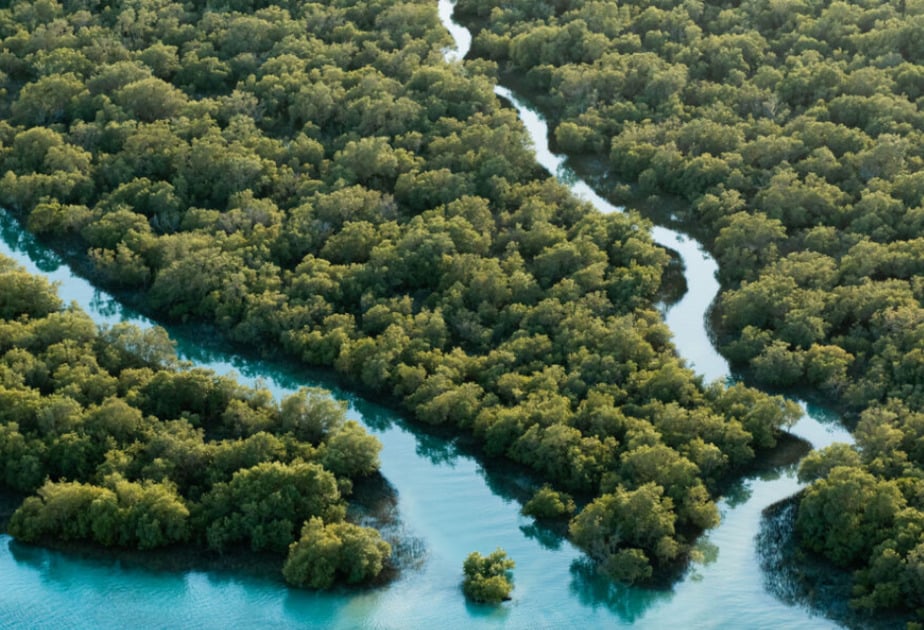The Environment Agency – Abu Dhabi (EAD) announced the successful planting of 850,000 mangrove trees along the emirate's coast. This impressive feat is part of the "Ghars Al Emarat" (UAE Planting) initiative, launched in the lead-up to COP28, the UN Climate Change Conference held in Dubai last year. The initiative pledged to plant ten mangrove trees for every visitor to the conference, aiming to offset the carbon footprint associated with the event.
COP28, which took place at Expo City Dubai from November 30th to December 12th, 2023, saw an estimated 85,000 participants. This translates to a significant environmental contribution by the EAD, with the newly planted mangroves projected to absorb a remarkable 170 tonnes of carbon dioxide from the atmosphere annually.
The EAD strategically selected planting locations to maximize the trees' growth and impact. Favorable environments like the Marawah Marine Biosphere Reserve, Al Mirfa City, and Jubail Island, where existing natural mangrove ecosystems thrive, were chosen for the project. This strategy not only fosters healthy new growth but also bolsters existing populations, creating a domino effect for a flourishing coastal ecosystem.
The "Ghars Al Emarat" initiative aligns perfectly with the UAE's commitment to achieving climate neutrality. Mangroves are a powerful weapon in the fight against climate change. These unique trees act as carbon sinks, absorbing significant amounts of carbon dioxide and mitigating its greenhouse gas effects. Additionally, mangrove forests play a vital role in coastal protection, reducing erosion and providing a natural barrier against storm surges and floods.
Planting wasn't limited to traditional methods. The EAD embraced innovative techniques like drone seeding to expedite the process and ensure optimal seed dispersal across the vast planting areas. This technology promises to play a key role in future large-scale mangrove restoration projects.
The success of the "Ghars Al Emarat" initiative demonstrates the UAE's proactive approach to environmental conservation. By harnessing the power of nature and embracing cutting-edge technology, the EAD is setting a commendable example for other nations striving for a more sustainable future. This project serves as a powerful testament to the UAE's commitment to tackling climate change head-on and leaving a lasting positive impact on the planet.

